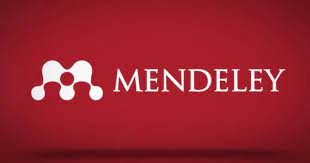Analytical philosophy and linguistic analysis and its most important characteristics
DOI:
https://doi.org/10.36317/kaj/2023/v1.i56.11580Keywords:
Analytical philosophy, common sense, the language, communication, Linguistics, grammarAbstract
The origins of analytic philosophy ( ) go back to the writings of Gottlob Frege (1848-1925 AD, Bertrand Russell 1872-1970 AD, George Moore 1873-1958 AD, and Ludwig Wittgenstein 1898-1951 AD), and analytic philosophers show respect for the philosopher Frege as the founding father of analytical philosophy, Anthony Kenny says in his book Freija: (If analytic philosophy was born when the linguistic transformation took place, then its birth must be dated with the publication of Freja’s book The Foundations of Arithmetic in 1889, when he decided that the way to research the nature of number is to analyze the sentences in which numbers appea) It is considered the main analytical trend in the philosophy of language, or the dominant trend in contemporary philosophy that focused on the subject of language, and tried to change the mission, subject and practice of philosophy itself, by adopting a new method of analyzing philosophical language without criticizing philosophical systems or systems. Philosophical problems stem from language and from the misuse of language, and that natural language is the source of error and misunderstanding, and therefore work must be done to replace it with an artificial language.
Downloads
Downloads
Published
How to Cite
Issue
Section
Categories
License
Copyright (c) 2023 جواد كاظم سماري ، اسراء معطي عبد الرضا

This work is licensed under a Creative Commons Attribution 4.0 International License.



















